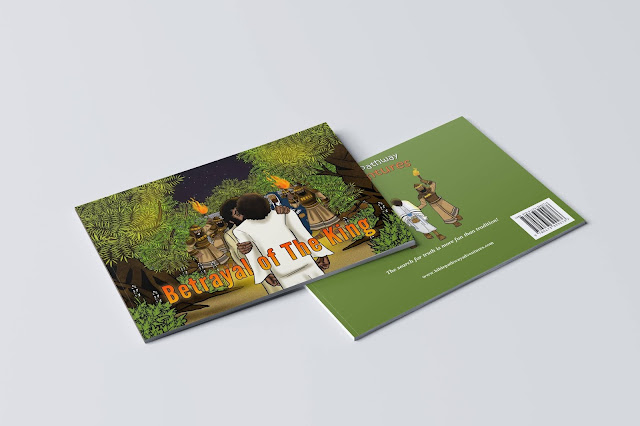"The Bible holidays are just for the Jews."
"God only gave those instructions to Jews."
"Oh so you're Jewish now?"
Maybe phrases like these have kept you from celebrating the Biblical holidays. Many Bible believers have been lead to think that because they are not Jewish then certain commandments and celebrations don't apply to them. But this is not something that Scripture teaches! In this post we are going to talk about why the Biblical holidays are pertinent to all believers, regardless of their bloodline.
When the bulk of the instructions about the Creator's set apart times were given, it was leading up to and following the Israelites being freed from slavery and leaving Egypt. At that point, all twelve tribes were united under the name of Israel. All the tribes were present in Egypt, and then the wilderness. Therefore, the instructions were given to all the tribes. Not just the people of Judah.
Let's not miss that that there were people among them who were not natural born Israelites. Exodus 12:38 tells us that a "mixed multitude" went with them. This verse is smack in the middle of the details of Passover and Unleavened Bread. The instructions about the Biblical holidays (and other things) apply to anyone in YHWH's family.
"The same law applies to the native-born and to the foreigner among you." -Exodus 12:49
This passage of Scripture expressly tells us that Biblical law and YHWH's set apart times are applicable, even if we aren't 'native-born.' It's profound that the Bible makes this statement. Whether or not you think or can prove that Abraham and Sarah are your great-great-great-whatever grandparents, you are still expected to keep the Biblical feasts!
We should also be aware that the words Jew, Jewish, and Judaism really don't appear in the Old Testament, and certainly not in the first five books of Scripture where the instructions for the Biblical holidays are given. This is added clarity that YHWH did not intend for his feasts to be limited to this people group.
I would also expect that a great many of us who don't realize it actually have physical ties to the ancient Israelites. YHWH promised Abraham and Sarah that in their children "shall all the nations of the earth be blessed" (Genesis 22:18), and the House of Israel was scattered among the nations. Because of this it seems likely that people from around the world have stemmed from the Israelites. Since most of us can't trace our family lineage back for more than a few hundred years, we won't know with certainty until the Creator makes that clear.
I think many people hear of the Biblical holidays and connect them with Judaism, simply because in recent history they have mostly been kept by Jewish people. It is very admirable that many Jews have kept these times set apart. But they do not have a monopoly on Scripture, and they are not the only people YHWH instructed to celebrate the feasts. Whether or not you are Jewish, if you follow and serve YHWH then you are called to meet with him at his set apart times and celebrate the Biblical holidays.
More on this topic:
The Beginner's Guide to the Biblical Holidays
Reasons Why Believers Should Keep the Feasts
Why I Started Celebrating the Biblical Holidays


































